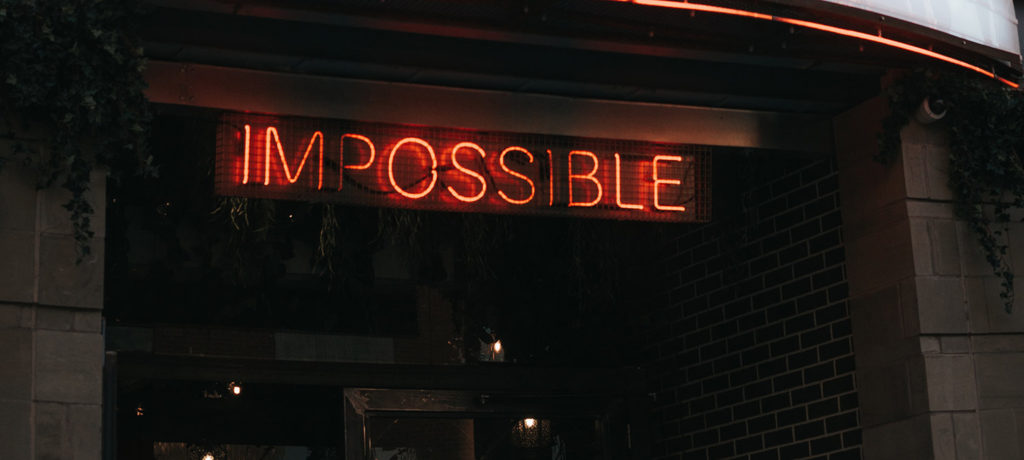July 18, 2021
Mark 6: 30-34, 53-56
The Rev. Canon Marianne Wells Borg
Trinity Episcopal Church, Bend, Oregon
The apostles had been coming and going. No time to even eat. And they gathered around Jesus to tell him all that they had done and taught.
Mark uses the word apostles here rather than disciples. Apostles are messengers. Those who go out and share the teachings. Disciples are students. A good apostle is always a good disciple. Always exploring beyond the limits of what they think they already know.
Instead of Mark having Jesus say to the apostles good and faithful servants job well done! he has Jesus say to them “come away, to a deserted place, all by yourselves, and rest awhile.” What Jesus says to them in this story, it is time to step back. To a deserted place. A desert place.
This summons to a deserted place is what caught my attention. So I am going to focus on the demands of the desert as I wonder about this story.
Every one of Mark’s hearers would know of them. To go to Jerusalem, “the holy city”, you had to traverse a desert wilderness. The Judean desert. I think any holy journey requires a desert experience.
The desert. It is such an uncertain place. A place of risk and the unexpected. And you can’t prepare for what is unexpected. Its impossible.
So in the desert you encounter the unknown. What is yet to come. It is impossible to know what will come. Whether it will be gift or threat.
And you could die in the desert. It is that fierce. So to be summoned there was to put all you were, all you are, on the line.
The desert is also place of beauty. There a rose can bloom.
So the apostles are summoned to go to a deserted place, a kind of via negativa. Where words are inadequate; words will not save you. But the desert has something else to offer. Something else. Something beyond words. Stronger than words. Beyond what can be named.
Even if we say it was grace or cloud or rock that covered us there was something else as well. It cannot be explained. Or claimed. But it changes us. So the gift of a desert journey will change us. And how we see. The gift and the threat then is the same.
So why did Jesus bid the apostles to the go into the desert immediately after they gave their teaching and performed their deeds?
Here is where we are invited to be curious, to narrate, to interpret. All the gospel stories invite us to wonder and narrate what we think is going on in these stories. And to wonder why is this story told this way?
A comment about Gospel stories….We often read the gospel stories as closed accounts. I think they are the opposite. I think these stories are open. Not closed. I think these stories beg us to engage with them. They bid us come. And they long for us to be their interpreters. They long for us to be their interpreters. That is how these stories live through time.
Now many may think to interpret these stories is to betray them. But interpretation is all we have. Even when we say we are rigorously following what the text says, we are actually interpreting them, what we think they mean or why they are important. And when we claim the authority of someone else theirs is also an interpretation. All of our thoughts about these stories, and other peoples thoughts and scholars’ thoughts too, are interpretations. These stories are porous and giving in that way. Gospel stories long to be interpreted. That is how they live. That’s one reason I think they are sacred. Because they live.
And Gospel stories speak to a deeply human part of us. A part of us that knows God. Even if we can’t really know God. Gospel stories at their best stir us and make our hearts restless, evoking in us a response. Or a question. What is going on in these stories? What is it that is going on in these stories? It is ours to ask.
So, what is Mark is up to in this story.
I suggest the summons to come away to a deserted place is really an imperative. Not just a nod to the apostles to take a rest after a busy day. The stark and demanding desert relativizes what you thought was important. All that you have said and done may shimmer on the mountain top or even on the plain but in the desert they become mirages. The desert confronts and challenges and renders us naked in a way. Jesus knows this first hand. It was his desert quest that defined his own ministry. Rather than being tempted and seduced to think he could triumph over the limits of his mortality he learned how to fully live with such limits which is really all any of us can do. And it is there God is found. It is in our mortality God is found. That I know for sure. And in our limits there is something else going on.
The desert in its own way calls the question on what we think is important. For the apostles, it might be what is the “good news”? What is the Kingdom of God? What is it to be a student of the way?
It is not enough to parrot Jesus’ teachings. It is not enough to quote chapter and verse. It is not enough to say we know who Jesus is and we want you to know. It is not enough to say we follow Jesus.
There is something else that is required. The desert foils our horizon. And our thinking. Brings us up short. Unexpectedly. Brings us to something else.
There was “something else” going on in Jesus and in what he taught. It wasn’t knowledge or information or moral instruction. Jesus was not a didactic teacher. Something stirred in those who came near him, moved the disciples, the apostles, the crowds, the nobodies, the outcasts, the other. Something words could not capture. Something rose to life in everything and everyone he touched. And people recognized that “something else” from a place deep within themselves. Even if they didn’t have words for it. A place before time it seemed.
So, I suggest in sending the apostles into the desert Mark is reminding them that Jesus’ teachings are not a “thing.” A thing to be “gotten.” Or repeated. And by that I mean verbally repeated. Jesus’ teaching is not a thing to be grasped. Nor was he. But something about Jesus and his teaching grasped you. Claimed you it. Something else is going on. That eye has not seen nor ear heard. But it changes you. Stirs you. Rearranges your molecules.
Being an apostle is not about being a didactic teacher. It is about something else.
The desert does not test what you already know. It is there you will encounter something more. What you do not know.
To risk certain faith amidst the uncertainty and discomfort of the desert. To risk what you have for what else might be. To be subject to the desert’s impossible demands. That’s what I think the summons to the desert is about. Dare to imagine that there is something more. Even if it is impossible to do so.
But to risk your faith is to imagine there is something more. Your faith is an intuition. Such faith is too great for words.
Something stirred within people who experienced Jesus. Something stirs us even today. Something in us opens up. And we enter it. We experience something we didn’t know was possible. To live in vulnerable intimacy. No wonder Jesus was called a healer. No wonder people laid their sick before him. Even the fringe of Jesus’ cloak could heal. That is a startling and charming detail in Mark’s story. We might think that is impossible. Well, dare to think again.
Come away, to a deserted place, all by yourselves, and rest awhile. That deep summons is part of apostleship. Our apostleship as well.
We too are messengers. I would say of the impossible. After all, we claim we all can incarnate Love over hate, hospitality over hostility, justice over privilege, kindness over cruelty, trust over fear. Some may say this is impossible. But this is our hope. Our hope. We are messengers of the impossible. An affirmation too great for words.
There was something going on in Jesus. Something going on in the name of Jesus. Something going on in the name of God. People experienced this as compassion. They called Jesus compassionate. They called him a healer.
So, when the summons comes to you to go to a deserted place, and it will, to go to an empty place, an open place, then it is time to risk everything you think you know. Because there is more. Something is awaiting. Before you even say yes, I come, something is there. Something has called you. That is too great for words. And you will be changed.
And you will be able to tell others they will be changed too.




Amen, and again AMEN!